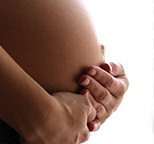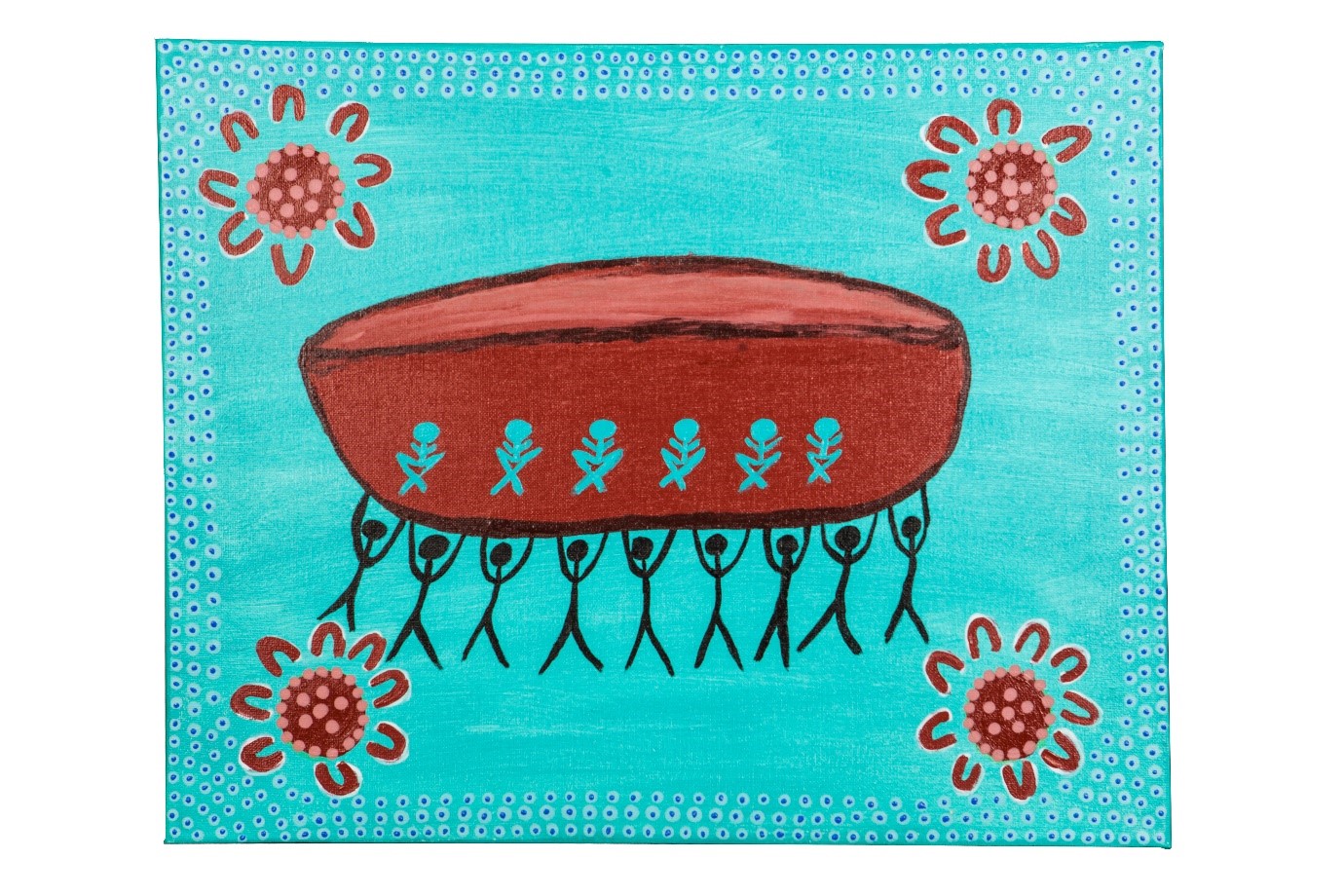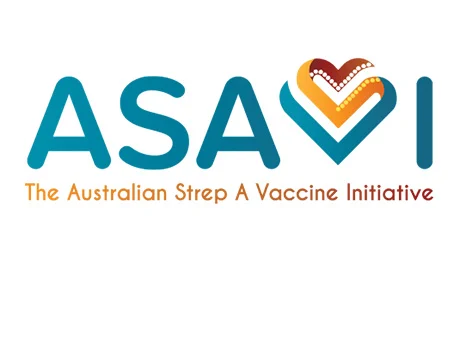Search

Research
Mapping changes in immune cell populations in gestational tissues over the course of pregnancyThis is a strategic “pilot” project in which we are seeking basic information on the immune cell content of gestational tissues.

Research
Ngulluk Koolunga Ngulluk Koort (Our Children, Our Heart) ProgramBrings the Aboriginal community(s) of Perth together with service providers & policy makers to improve outcomes for Aboriginal kids and their families.
Research
A Phase III, randomized, controlled, observer-blind study to demonstrate effectiveness, immunogenicity and safety of GSK's meningococcal Group B and combined ABCWY vaccines when administered to healthy adolescents and young adults (Quintet)Jennifer Peter Kent Richmond RN MBBS MRCP(UK) FRACP Clinical Research Manager Head, Vaccine Trials Group Jennifer.Kent@thekids.org.au Clinical
Research
A randomized, controlled, observer-blind, phase 1/2a study to evaluate the safety, reactogenicity, and immunogenicity of Ad26.RSV.preF in RSV-seronegative toddlers 12 to 24 months of ageJennifer Peter Kent Richmond RN MBBS MRCP(UK) FRACP Clinical Research Manager Head, Vaccine Trials Group Jennifer.Kent@thekids.org.au Clinical
Research
Acute viral bronchiolitis in infants and young childrenAnya Deborah Pat Jones Strickland Holt BSc MSc PhD PhD PhD, DSc, FRCPath, FRCPI, FAA Honorary Research Associate Head, Pregnancy and Early Life
Research
Alert Program®Emma Glenn Martyn Adams Pearson Symons BExSc, MPH BA (Education) PhD Candidate B.A. (Hons) PhD. Acting Research Officer; PhD student Director of
Research
Australian Research Data Commons (ARDC): Social Science Research Infrastructure Network (SSRIN)This project forms Activity 3.5 of the Social Science Research Infrastructure Network (SSRIN) and focuses on the development of Indigenous-led guidelines to support the ethical, culturally appropriate use of government administrative data relating to Indigenous peoples.

Research
Australian Strep A Vaccine Initiative (ASAVI)The Australian Strep A Vaccine Initiative (ASAVI) is an Australian-led global initiative with the goal of reducing the disease burden caused by Group A Streptococcus (Strep A) infection through effective vaccination.
Research
BANK CF: The Respiratory Centre BIOBANKThe Australian Respiratory Early Surveillance Team for Cystic Fibrosis (AREST CF) program has grown from an early surveillance program initiated in Perth in 1999, which performed bronchoalveolar lavage (BAL) to evaluate pulmonary infection and inflammation, as well as infant lung function testing.
Research
BPG Formulation Preferences Study: Exploring patient, family and clinician reformulations preferences for BPGThe key objective of this study is to collect data about patient and clinician preferences about reformulations.
